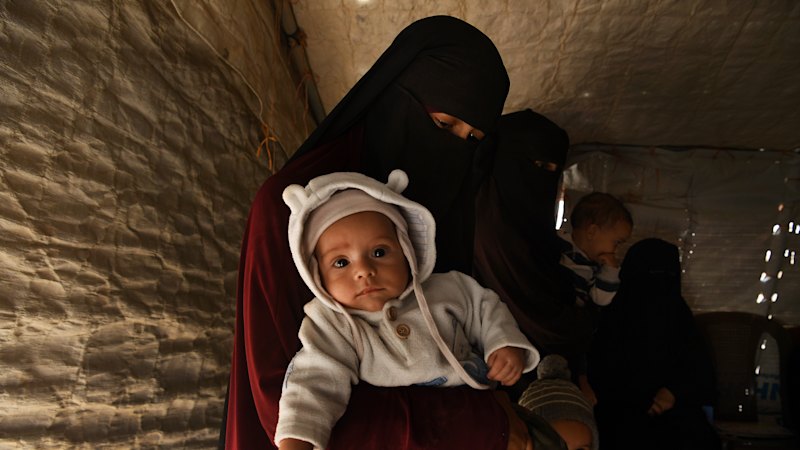
Nicolas Sarkozy, the former President of France, has begun serving a five-year prison sentence at La Santé prison in Paris, marking a historic moment as he becomes the first former French head of state in living memory to be incarcerated. As he made his way to the prison on Tuesday, Sarkozy maintained his innocence, declaring, “An innocent man is being locked up.”
Last month, Sarkozy was convicted of criminal conspiracy related to a scheme to finance his 2007 election campaign with funds from Libya. Despite the conviction, Sarkozy continues to assert his innocence, waving to supporters as he departed his Paris residence, accompanied by his wife, former model Carla Bruni.
Public Reaction and Political Implications
Supporters gathered outside Sarkozy’s Paris home, responding to a family call for solidarity with the former president. The scene underscored the enduring support Sarkozy enjoys among some segments of the French right, even as he faces significant legal challenges.
In an interview with Le Figaro, Sarkozy expressed expectations of being held in solitary confinement for security reasons, though he may also be placed in the prison’s section for “vulnerable” inmates, often referred to as the VIP section. This section of La Santé, inaugurated in 1867 and recently renovated, offers a stark contrast to the life Sarkozy once knew.
Inside La Santé Prison
Former inmates of La Santé have shared insights into what Sarkozy might expect. Pierre Botton, a former businessman who served time in the prison’s vulnerable section, remarked, “It’s not Nicolas Sarkozy, president of the Republic, that’s coming … it’s a man who will live the same way everyone does.” Botton’s words highlight the equalizing nature of incarceration, regardless of one’s past status.
Patrick Balkany, a longtime friend of Sarkozy who spent five months in La Santé for tax evasion, described the initial shock of prison life, where new inmates are processed, photographed, and assigned a number. “The hardest part is when you arrive in your cell. It’s a shock,” Balkany shared, emphasizing the psychological impact of incarceration.
Legal and Political Context
The decision to imprison Sarkozy pending appeal is unprecedented, reflecting the gravity of the charges against him. The Paris judge cited “the seriousness of the disruption to public order caused by the offence” as justification for the immediate imprisonment.
Sarkozy’s legal troubles stem from allegations that aides, acting on his behalf, struck a deal with the late Libyan dictator Muammar Gaddafi to illegally fund his 2007 presidential campaign. Although the court acquitted him of embezzling Libyan public funds and other charges, the conviction for criminal conspiracy remains.
“I’m not afraid of prison. I’ll hold my head high, including in front of the doors of La Santé,” Sarkozy told La Tribune Dimanche.
Despite these challenges, Sarkozy remains a polarizing figure in French politics. His recent visit to President Emmanuel Macron at the Élysée Palace, just days before his incarceration, underscores the complex interplay of personal and political dynamics at play.
Looking Ahead
Sarkozy’s lawyers are expected to file a motion for his release, but under current rulings, he can only do so once he is behind bars. The appeals court will then have up to two months to process the request, leaving Sarkozy’s immediate future uncertain.
Justice Minister Gérald Darmanin has confirmed Sarkozy’s entry into La Santé and plans to visit to ensure security conditions are met. Meanwhile, Sarkozy prepares for life behind bars with a prison bag containing clothes and 10 family photos, as well as three books, including The Count of Monte Cristo and a biography of Jesus Christ.
As Sarkozy begins this new chapter, the implications of his imprisonment will undoubtedly reverberate through French politics and society. His case serves as a potent reminder of the legal and ethical standards expected of public officials, and the potential consequences when those standards are perceived to be breached.







